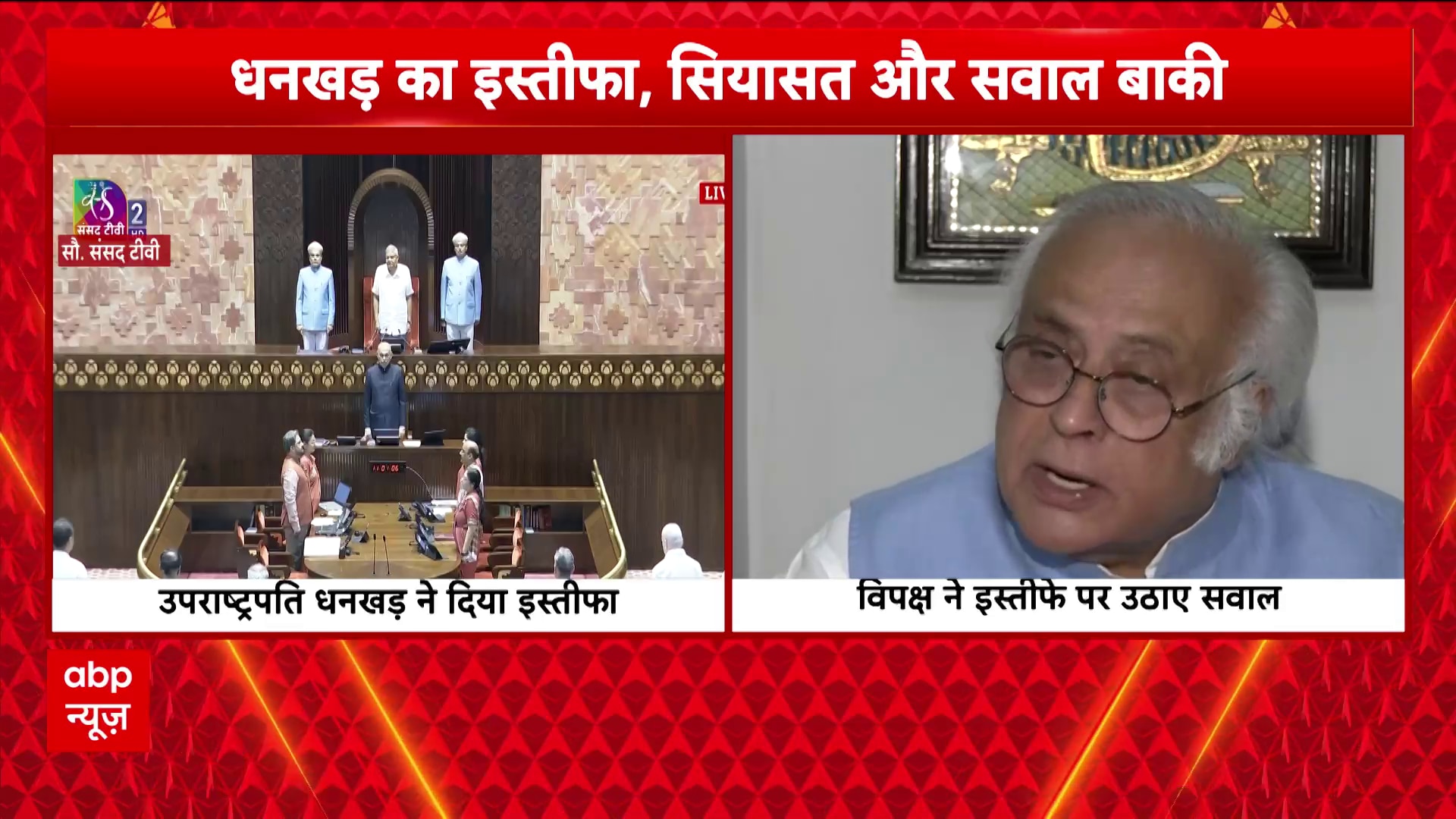Vice President Jagdeep Dhankhar’s Sudden Resignation Sparks Political Turmoil

Unexpected Resignation Shakes Indian Political Landscape
On July 23, 2025, Vice President Jagdeep Dhankhar surprised the nation with his sudden resignation, igniting a political storm across India. This unexpected move has raised questions about the future of the office and the stability of current political alliances.
Timeline of Events Leading to the Resignation
Dhankhar’s resignation came abruptly during a period of heightened political activity and discussions surrounding governance reforms. While no official explanation was immediately provided, insiders suggest ongoing differences with key government officials might have contributed.
Impact on Political Parties and Governance
The resignation has created ripples across various political parties. Opposition leaders have expressed both surprise and criticism, highlighting concerns over transparency and decision-making processes. Meanwhile, the ruling coalition is reportedly working to manage the fallout and prepare for the transition.
Public and Media Reactions
Media outlets and citizens alike are analyzing the possible reasons behind the resignation. Speculation ranges from personal health issues to political disagreements. Social media platforms have seen a surge in debates, reflecting the nation’s engagement with the unfolding political drama.
What’s Next for the Vice Presidency?
The government is expected to announce the next steps soon, including the appointment of an interim Vice President or scheduling a new election. Experts predict a critical phase ahead as India navigates this unprecedented situation, balancing constitutional mandates and political pressures.
Historical Context and Significance
Such a sudden resignation from the Vice President’s office is rare in Indian politics, marking a significant event that will likely influence future political protocols and governance frameworks.
Source: Abp News
